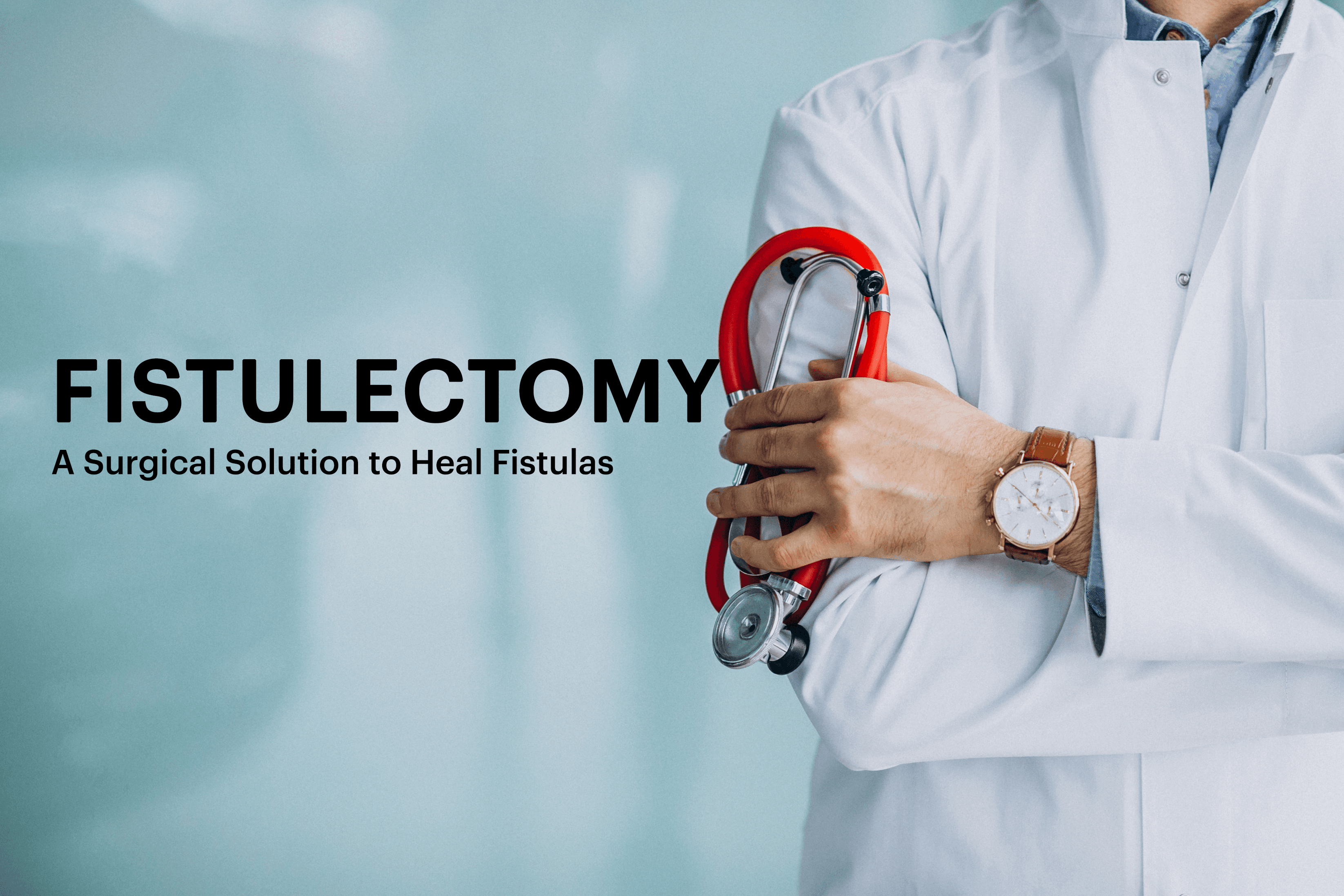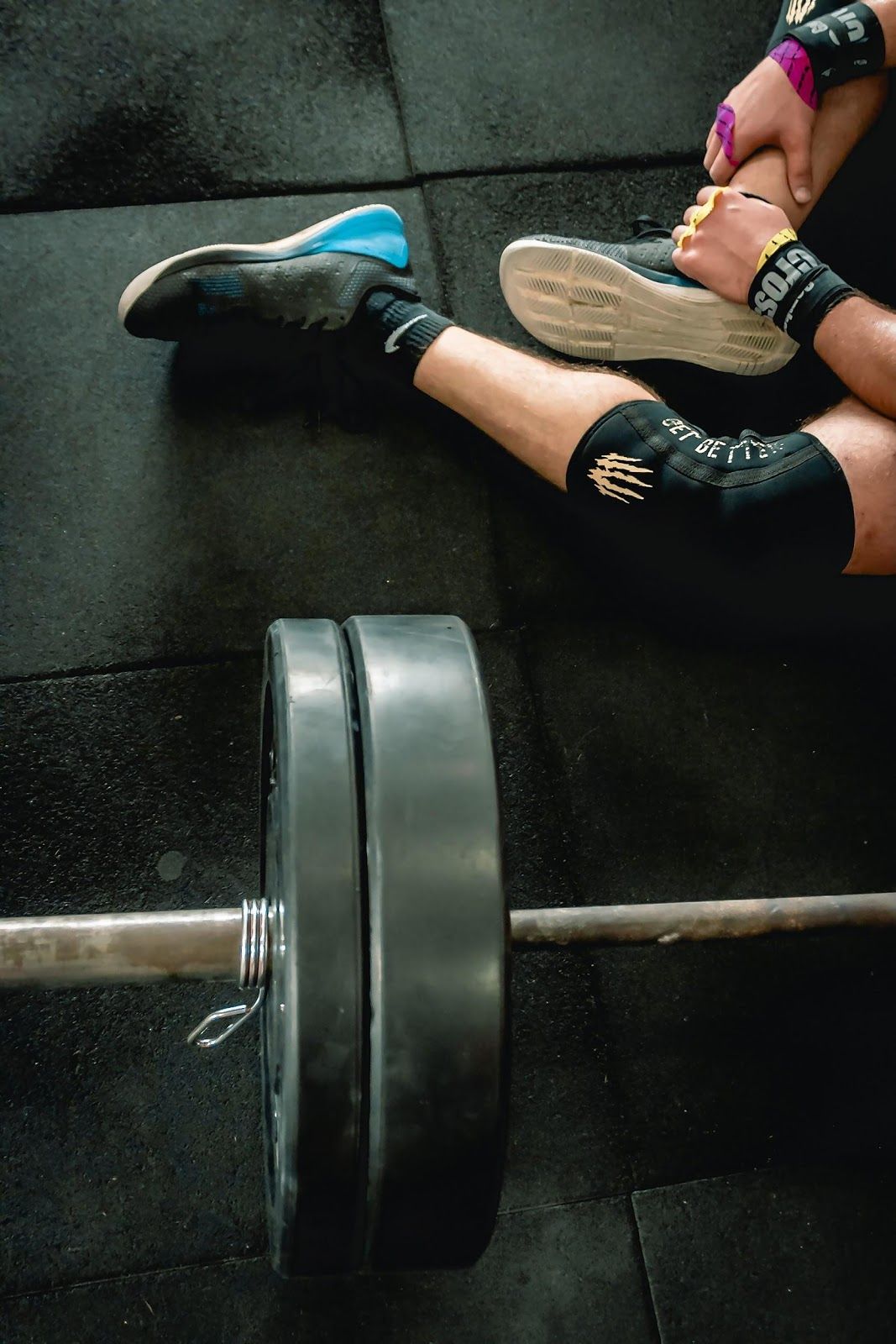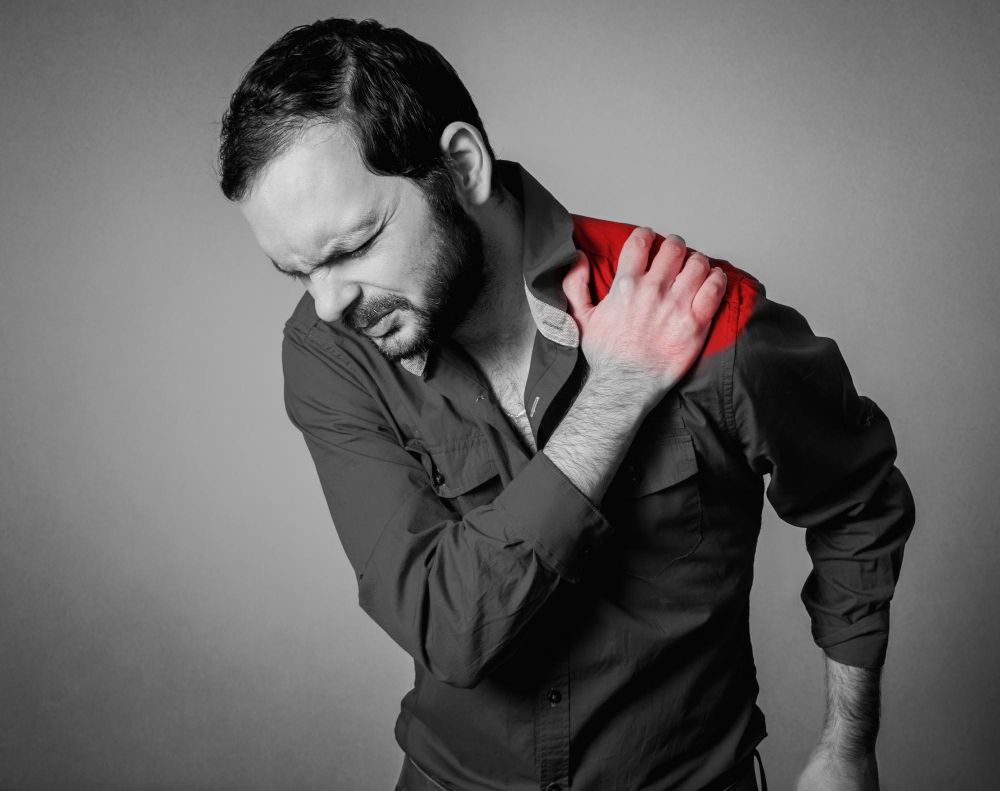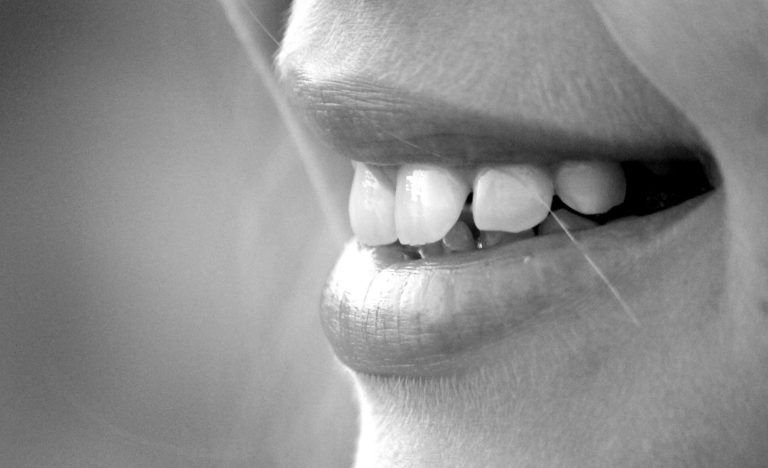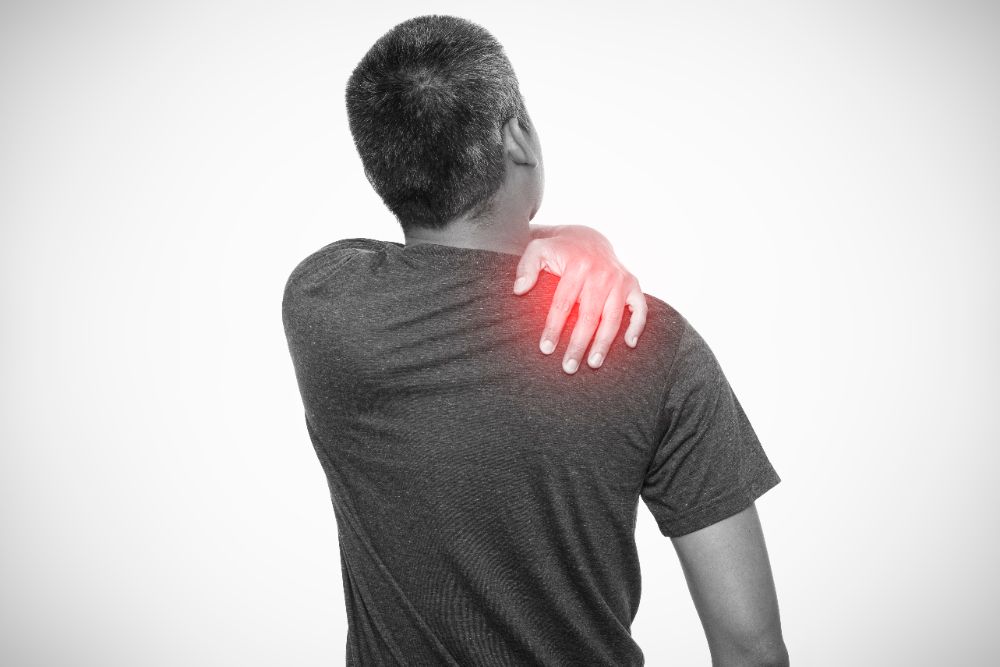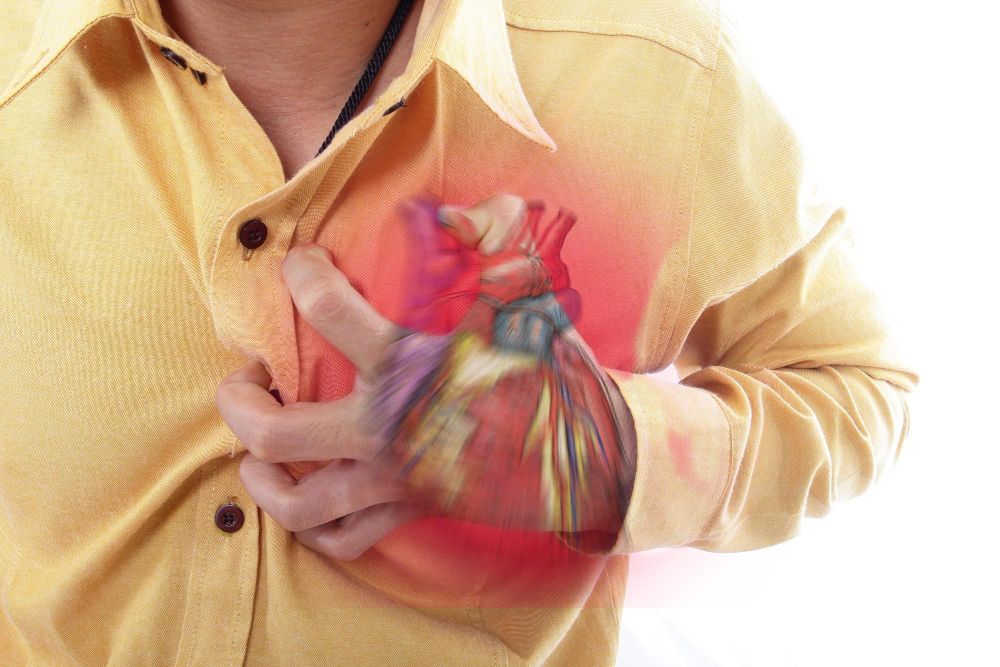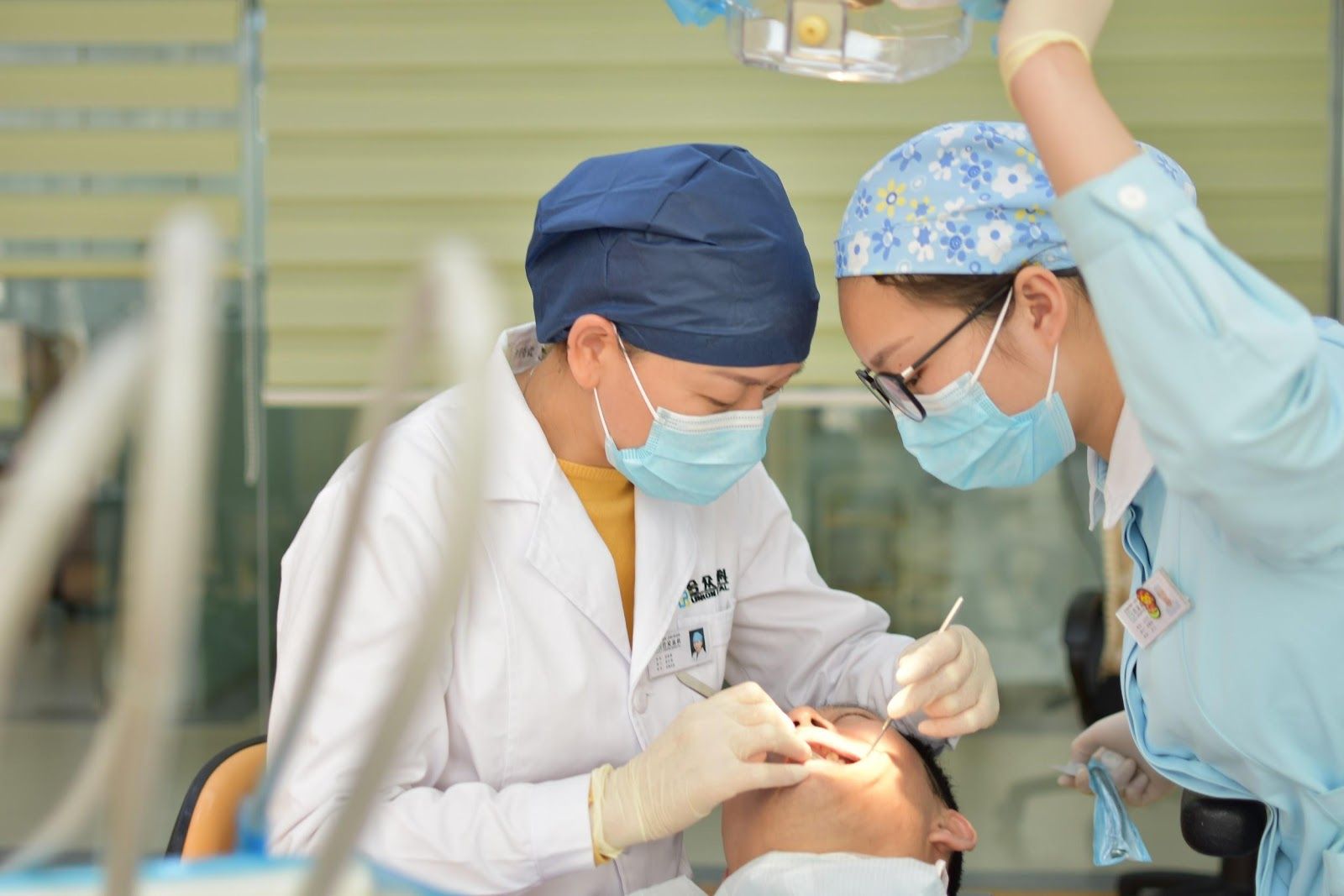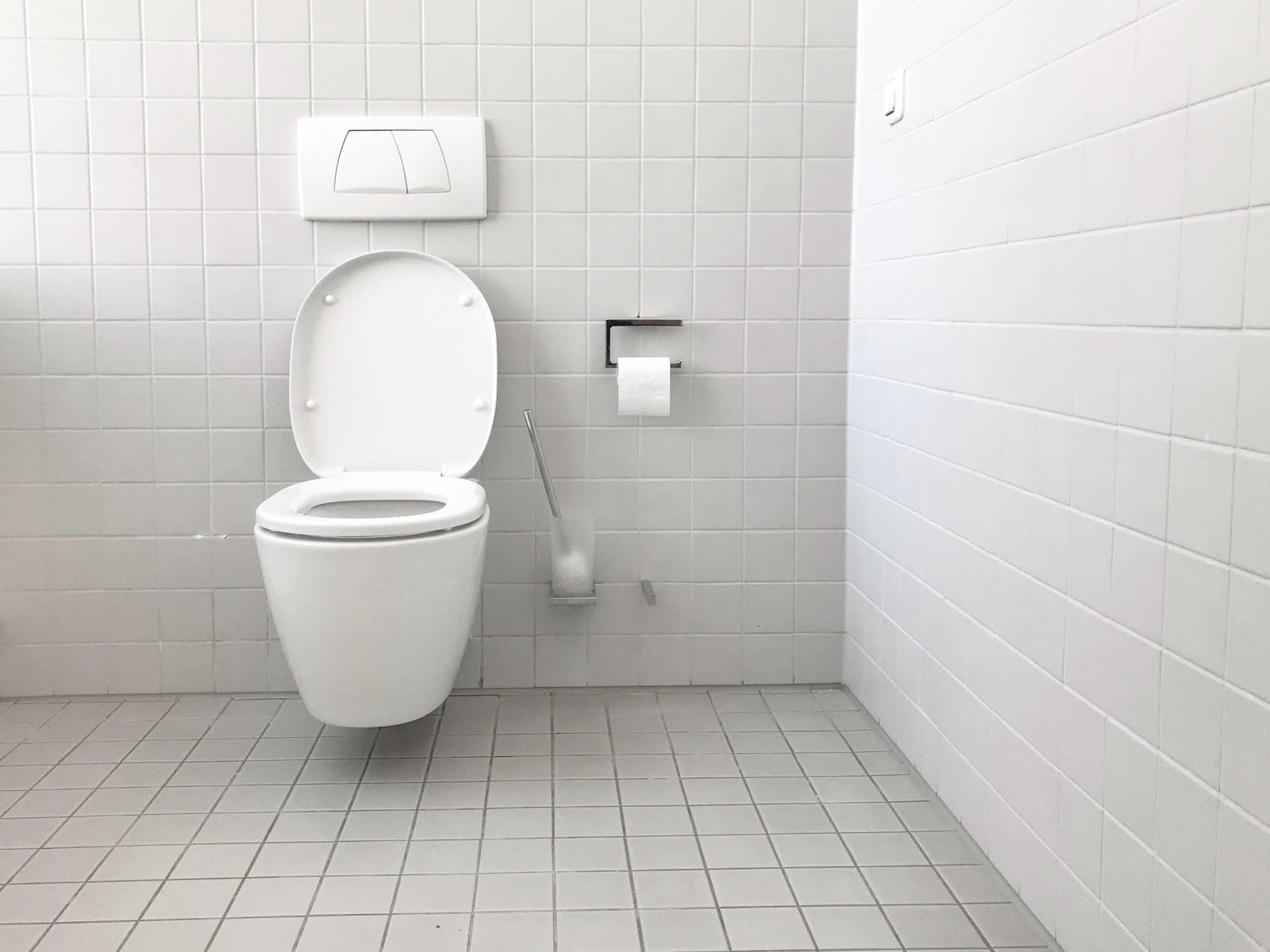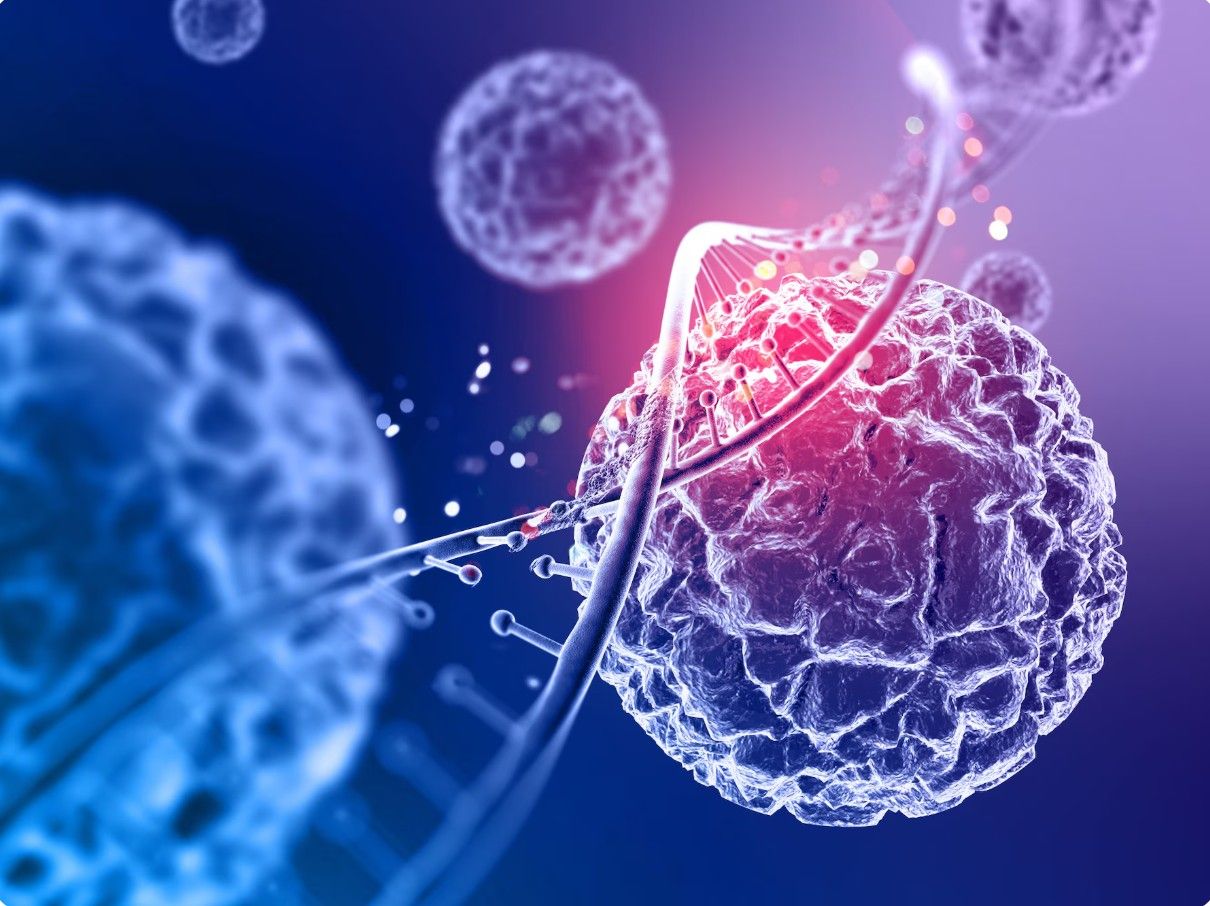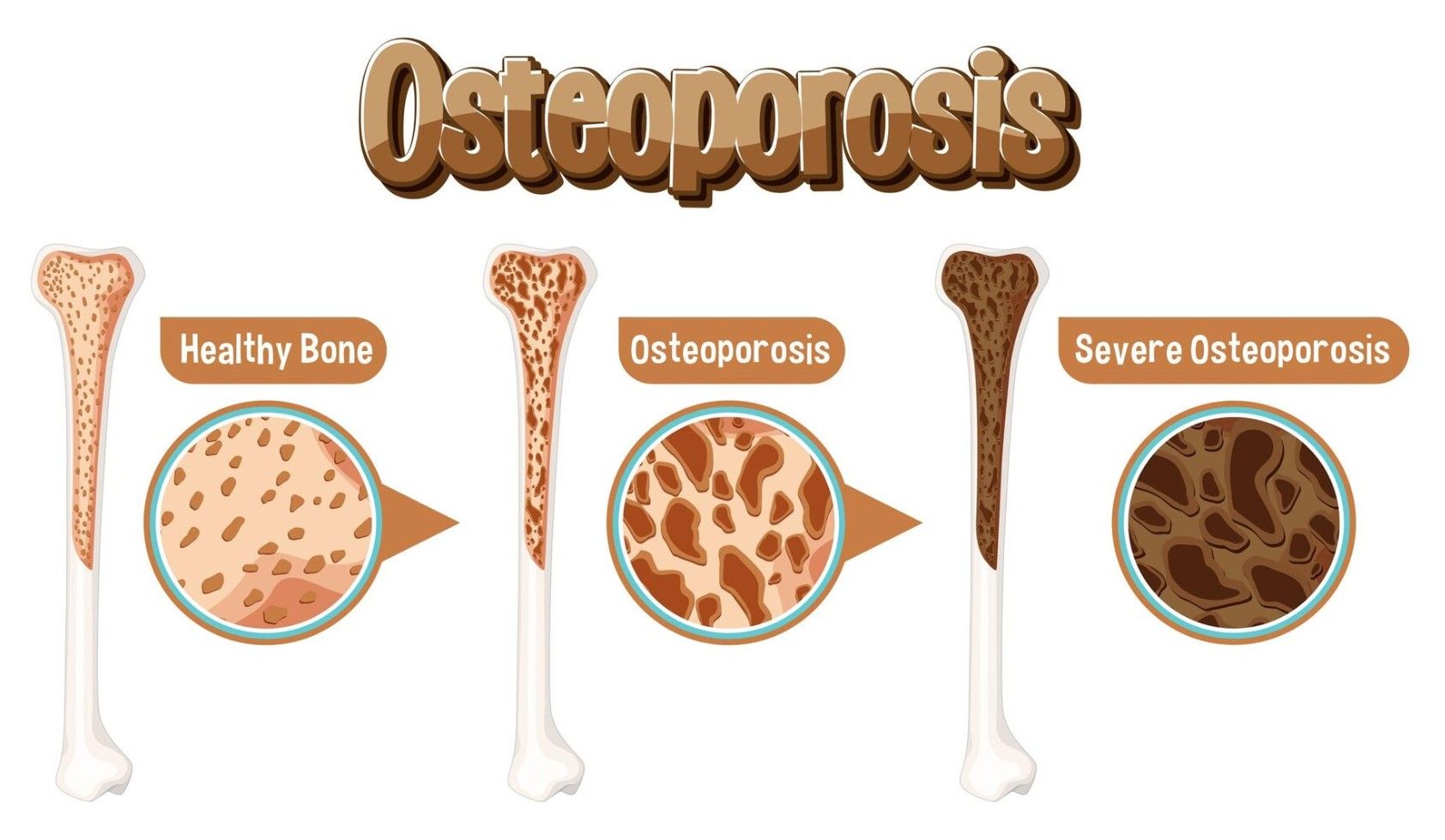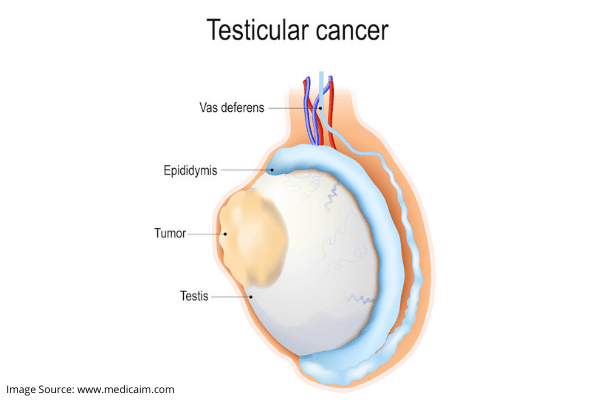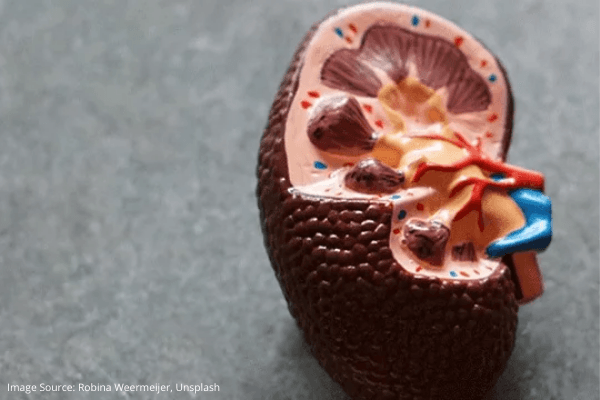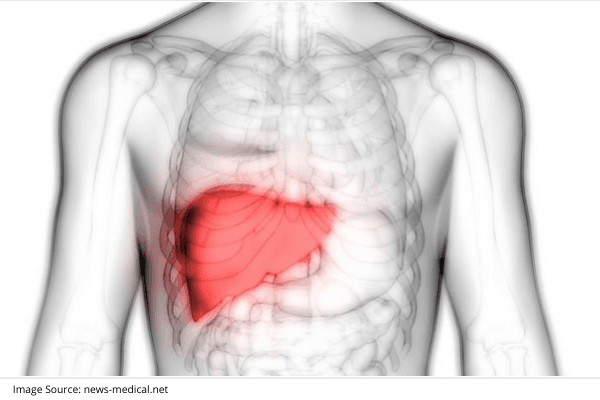Fistulectomy: A Surgical Solution To Heal Anal Fistulas
Anal fistulas are a painful and uncomfortable condition that can greatly impact an individual's quality of life. While there are various treatment options available, one of the most effective and commonly used procedures is a fistulectomy. In this blog, we will explore what a fistulectomy is when it is recommended, how the procedure is performed, the recovery process, and the potential complications associated with this surgical intervention.
What is a Fistulectomy?
A fistulectomy is a surgical procedure used to treat anal fistulas. An anal fistula is an abnormal tunnel-like connection that forms between the anal canal and the skin near the anus. It often results from an anal abscess that has not fully healed. These fistulas can cause pain, discomfort, and recurrent infections, making them a cause for concern. A fistulectomy involves the removal of the fistula tract and the surrounding infected tissue, aiming to promote healing and alleviate symptoms.
When is a Fistulectomy Recommended?
A fistulectomy is typically recommended in the following situations:
- Chronic or Recurrent Fistulas: When anal fistulas do not respond to non-surgical treatments or keep recurring, a fistulectomy is often considered.
- Complicated Fistulas: Complex fistulas with multiple tracts or connections may require surgical intervention for complete removal.
- Abscess Formation: If an anal abscess has developed alongside the fistula, surgical drainage, and fistulectomy may be necessary.
- Severe Symptoms: When patients experience severe pain, persistent discharge, or difficulty with hygiene due to the fistula, surgery is usually the preferred option.
The Fistulectomy Procedure
A fistulectomy procedure involves several key steps:
- Anesthesia: Before the procedure begins, the patient is given anesthesia, which can be general, regional, or local, to ensure they are pain-free during the operation.
- Incision: The surgeon makes an incision around the fistula tract, allowing access to the tunnel-like structure.
- Fistula Removal: The fistula tract, along with any infected tissue, is carefully excised.
- Closure: The wound is closed with sutures, leaving the incision site to heal from the inside out.
- Drainage: In some cases, a small drainage tube may be inserted to facilitate the removal of excess fluids and promote healing.
Recovery and Post-Operative Care
The recovery process following a fistulectomy involves several aspects:
- Pain Management: Patients may experience pain and discomfort after the surgery. Over-the-counter or prescribed pain medications are provided to manage this discomfort.
- Diet and Hygiene: Patients are usually advised to follow a soft diet and maintain good anal hygiene to prevent infection. Warm sitz baths may also be recommended to aid healing.
- Physical Activity: Strenuous activities and heavy lifting should be avoided during the initial recovery period, allowing the surgical site to heal.
- Follow-Up: Regular follow-up appointments with the surgeon are essential to monitor the healing process and address any concerns.
Complications and Risks
While fistulectomy is generally a safe and effective procedure, there are potential complications and risks associated with it. These may include:
- Recurrence: There is a small risk of the fistula recurring, especially if the entire tract is not completely removed.
- Infection: Infection at the surgical site is a possible complication, which can be managed with antibiotics.
- Bleeding: Post-operative bleeding may occur, but it is typically minimal and self-limiting.
- Pain and Discomfort: Pain and discomfort are common immediately after the surgery but should improve with time.
- Fecal Incontinence: In rare cases, damage to the anal sphincter muscles during surgery can lead to fecal incontinence, or the inability to control bowel movements.
- Delayed Healing: Slow wound healing or the development of a chronic wound is a potential risk.
Conclusion
Fistulectomy is a surgical procedure used to treat anal fistulas, providing relief to individuals suffering from this painful condition. It is typically recommended for chronic or recurrent fistulas, complex cases, or when patients experience severe symptoms. The procedure aims to completely remove the fistula tract and any infected tissue to promote healing and alleviate discomfort.
Recovery from a fistulectomy involves pain management, diet modifications, and careful hygiene. While complications and risks are possible, the procedure is generally safe and effective. If you suspect you have an anal fistula or are dealing with recurrent symptoms, consult with a healthcare professional to determine the most appropriate treatment plan, which may include a fistulectomy. Overall, fistulectomy offers hope for improved comfort and a better quality of life for individuals affected by this challenging condition.
Ten Effective Remedies That You Can Refer to When You Are Suffering from Muscle Cramps
Finally starting off with the gym life can get too overwhelming until you hit those muscle cramps along with the weights.
Skin Tags - Benign Tumor or Cancerous Tumor?
Skin tag if observed is a narrow stalk that hangs about your skin, bulging at the end. They are usually freshly colored and can grow anywhere on your body.
Rotator Cuff Tear
A rotator cuff tear is a rotator cuff injury that can cause shoulder pain and loss of arm function. The rotator cuff is a set of muscles and tendons in your shoulder.
Importance of Parental Counselling
Right from the moment you tell your friends and family about your pregnancy, little hints keep coming your way on parenting your unborn child!
Taking Care of a Terminal Patient? Here Are Six Ways to Help Them to the Fullest
A terminally ill patient is someone who has a relatively short life expectancy. Terminally ill people are usually shifted from an actively curative medicinal regime
Stages of Tooth Decay and Their Treatment Options
Tooth decay refers to the degradation process of the structure of the tooth resulting in permanent damage.
12 Home Remedies for Dry Cough
The flu, common cold, asthma, cigarette smoke exposure, and other conditions can all cause a dry cough. Home remedies such as honey, peppermint, and air purifiers may be beneficial.
Shoulder Dislocation
Shoulder dislocation occurs when the bones of your shoulder joint are pushed or forced out of their normal positions.
5 Facts to Keep in Mind for Your Monthly Menstruation Cycle
Our menstruation indicates multiple activities within your body. Every month, your uterus forms a thicker lining for the ovary to release an egg for a possible pregnancy.
Different Types of Diabetes
Junk food and increasing physical activity are leading to a worldwide epidemic of obesity, resulting in diseases like diabetes
Dilated Cardiomyopathy
Dilated cardiomyopathy is a form of heart muscle illness in which the heart chambers (ventricles) weaken and stretch, becoming bigger.
Hypertension (High Blood Pressure)
High blood pressure, also known as hypertension, is a condition in which the blood flow against the inner walls of the arteries is persistently high.
3 Cosmetic Dentistry Procedures You Did Not Know About
Over the past few years, cosmetic dentistry has undergone significant evolution in society. With the increasing demand for cosmetic dentistry, it is no longer a luxury; it has become a necessity.
5 Lifestyle Changes That Will Help with Your Urinary Incontinence
Urinary Incontinence is quite a painful and embarrassing condition to have. It refers to the loss of bladder control, which can vary from a slight release of urine after sneezing, coughing, or laughing, to a complete inability to control urination.
5 Tips This Summer to Avoid Heatstroke
Certain jobs demand fieldwork in the scorching heat. The warm weather, bright sun, and the blue skies are not always an excellent working environment for them at all.
6 Home Remedies for Yeast and Vaginal Infections
Yeast infection is common among women. You might have had the experience of irritating soreness and itching that prolonged for days due to not knowing about the cause.
Aortic Dissection
An aortic dissection is a tear in the aorta. This is the primary artery that transports oxygen-rich blood from your heart to the rest of your body.
Bariatric Surgery and Weight Loss
Bariatric surgery, also known as weight loss surgery, is performed on individuals suffering from obesity. It involves a variety of procedures that help maintain long-term weight loss and also aid in treating obesity.
Best Foods to Cleanse Your Liver
Your liver is one of the largest organs in your body and its primary function is to filter the system by converting toxins to waste products, cleansing your blood and process various nutrients.
Infertility and its Major Causes and Treatments
Infertility is an issue that’s on the rise – not just in India but all over the world. It’s estimated that, on average, one out of every six couples has had issues with infertility.
Precautions to be Taken to Avoid Eosinophilia
Let’s begin with talking about eosinophils – they are just a type of white blood cells that are laden with reactive chemicals which get released under specific conditions to cause mayhem in the body
What is BMD Assessment and its Significance in Treating Osteoporosis
Osteoporosis is that creepy monster lurking in the dark, waiting to manifest itself as you age and get less active.
Signs of Testicular Cancer
Men have a pair of testicles located in a sac-like pouch called the scrotum. It forms part of their reproductive system and are responsible for sperm production.
Signs and Symptoms of Kidney Stone
Your kidneys are very important organs in the body; they regulate water content, filter waste from blood, and produce hormones.
Treatment For Liver Failure
Treatment for liver failure depends largely on the causative agent; for example of it’s due to hepatitis virus infection, then hydration and supportive care needs to be provided while the body’s immune system fights back. If it’s due to gallstones,
Related Blogs
Ten Effective Remedies That You Can Refer to When You Are Suffering from Muscle Cramps
Finally starting off with the gym life can get too overwhelming until you hit those muscle cramps along with the weights.
Skin Tags - Benign Tumor or Cancerous Tumor?
Skin tag if observed is a narrow stalk that hangs about your skin, bulging at the end. They are usually freshly colored and can grow anywhere on your body.


